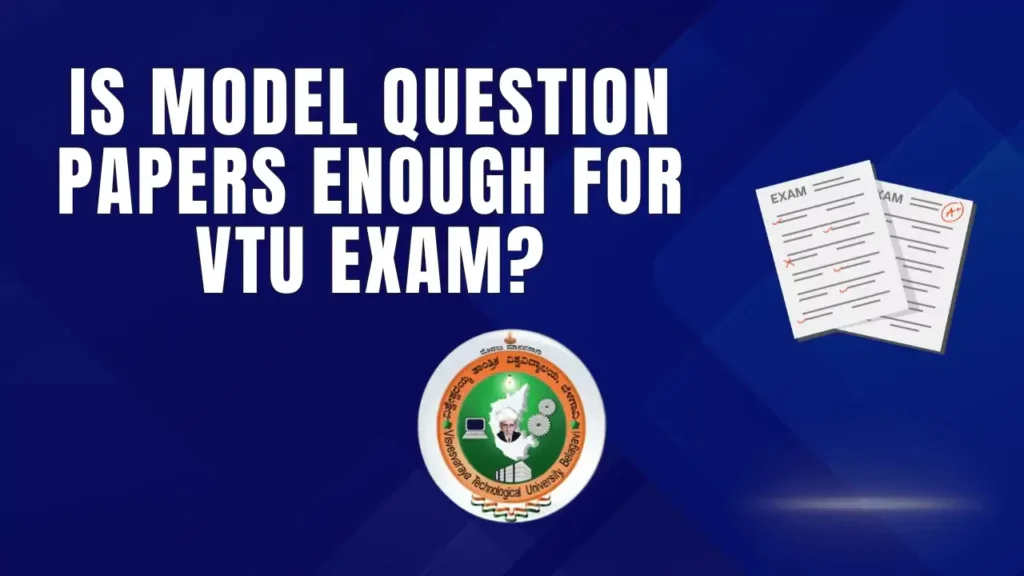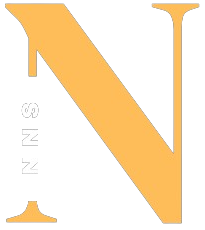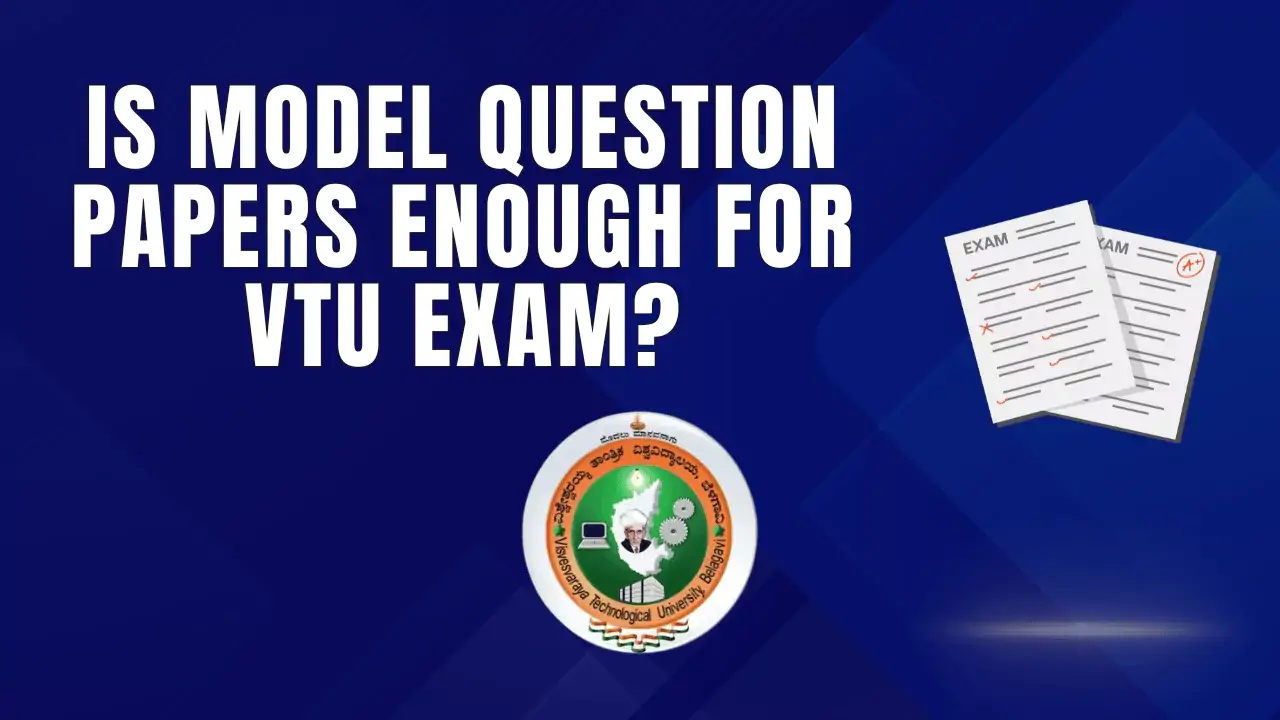
While model question papers can be helpful, they may not be enough. VTU exams require a comprehensive study approach beyond just practicing with model papers, including understanding the syllabus, referring previous year question papers, and developing problem-solving skills.
Introduction
As an experienced educator with over 40 years of expertise in the field of engineering, I understand the importance of Visvesvaraya Technological University (VTU) exams for students aspiring to excel in their respective fields.
VTU is one of the premier technological universities in India, renowned for its rigorous academic standards and the quality of education it provides. For students enrolled in VTU, these exams serve as a critical milestone, not only testing their knowledge but also determining their academic and professional trajectories.
In this context, the role of model question papers cannot be overstated. These practice materials are often touted as a valuable resource for students preparing for VTU exams.
They provide a glimpse into the types of questions that may appear in the actual examinations, allowing students to familiarize themselves with the exam format and assess their level of preparedness.
However, the question that arises is whether relying solely on model question papers is enough for students to pass the VTU exams. While these practice materials can be helpful, there are inherent limitations to their effectiveness that students must be aware of.
This article aims to delve deeper into this issue, exploring the potential shortcomings of an approach centered solely on model question papers and advocating for a more comprehensive study strategy to ensure student success in VTU exams.
It is a thoughtful analysis based on my extensive experience as an educator, with the goal of providing VTU students with valuable insights and guidance to help them navigate the challenges of these exams.
Limitations of Model Question Papers
While model question papers can undoubtedly serve as a useful tool in VTU exam preparation, it is crucial to recognize their inherent limitations. One of the primary concerns is the narrow scope of these practice materials. Model question papers often focus on a limited subset of the entire syllabus, leaving students vulnerable to gaps in their understanding of the broader curriculum.
Additionally, the repetition of similar questions in model papers can create a false sense of security, leading students to believe that the actual VTU exams will solely revolve around the topics and question patterns they have encountered in the practice materials.
However, the reality is often quite different. VTU exams are designed to assess a comprehensive understanding of the subject matter, and the question patterns can vary significantly from those found in the model papers.
Furthermore, the limited number of model question papers available can also pose a challenge. Students who extensively practice with these resources may find themselves encountering the same questions repeatedly, which can hinder their ability to develop a well-rounded understanding of the subject matter. This, in turn, can lead to difficulties in tackling novel questions or problem-solving scenarios that may arise in the actual VTU exams.
Comprehensive Study Approach
To overcome the limitations of relying solely on model question papers, VTU students must adopt a more comprehensive approach to their exam preparation. This involves a multifaceted strategy that goes beyond simply practicing with model papers.
Understanding the Syllabus
At the core of this approach is a deep understanding of the entire VTU syllabus. Students must familiarize themselves with the breadth and depth of the course content, ensuring that they have a solid grasp of all the topics and concepts covered. This holistic understanding will enable them to identify areas of strength and weakness, allowing them to focus their efforts and resources effectively.
Leveraging Diverse Resources
In addition to model question papers, VTU students should utilize a variety of learning resources to enhance their preparation. This includes textbooks, online study materials, previous year question papers, video lectures, and expert guidance from experienced educators. By exploring these diverse resources, students can gain a more well-rounded perspective on the subject matter and develop a deeper understanding of the underlying principles and applications.
Practicing Problem-Solving
VTU exams often emphasize the ability to apply knowledge to solve complex problems. Therefore, it is essential for students to focus on developing their problem-solving skills. This can be achieved through regular practice with a variety of question types, including those that challenge their analytical and critical thinking abilities. By honing these skills, students will be better equipped to tackle the diverse range of questions that may appear in the actual VTU exams.
By adopting a comprehensive study approach, VTU students can ensure that they are well-prepared for the challenges of the exams, going beyond the limitations of model question papers and positioning themselves for academic and professional success.
Exam-Taking Strategies
In addition to a comprehensive study approach, VTU students must also develop effective exam-taking strategies to maximize their performance in the actual exams. These strategies can help students navigate the exam environment with confidence and improve their chances of success.
Time Management
Effective time management is crucial in VTU exams, where students are required to complete a significant number of questions within a limited timeframe. Students should practice techniques such as:
- Prioritizing questions based on difficulty and marks
- Allocating appropriate time for each section or question type
- Pacing themselves to ensure they complete the exam within the allotted time
Question Analysis and Approach
VTU exams often present a diverse range of question types, from multiple-choice to long-form answers. Students should develop the ability to:
- Carefully read and understand the question requirements
- Identify the type of question and the appropriate approach to solve it
- Allocate their efforts based on the marks assigned to each question
Practice with Mock Exams
Familiarizing themselves with the exam environment is essential for VTU students. By practicing with mock exams, they can:
- Simulate the actual exam conditions
- Identify and address any time management or question-handling challenges
- Receive feedback and guidance from experienced educators to refine their strategies
By mastering these exam-taking strategies, VTU students can approach the exams with confidence, demonstrate their knowledge effectively, and increase their chances of achieving academic success.
Conclusion
In conclusion, while model question papers can serve as a useful tool in VTU exam preparation, they should not be the sole focus of a student’s study strategy. As an experienced educator, I have witnessed the limitations of this approach, where students often fall short in the actual exams due to their narrow understanding of the course content and lack of comprehensive problem-solving skills.
As mentioned earlier, “Recognizing these limitations is crucial for VTU students to avoid a narrow, exam-centric approach to their studies. Instead, they must strive to cultivate a deeper understanding of the course content and develop the necessary problem-solving skills to excel in the VTU exams.” By adopting a more holistic study approach and mastering effective exam-taking strategies, VTU students can unlock their full potential and achieve the academic success they aspire to.

